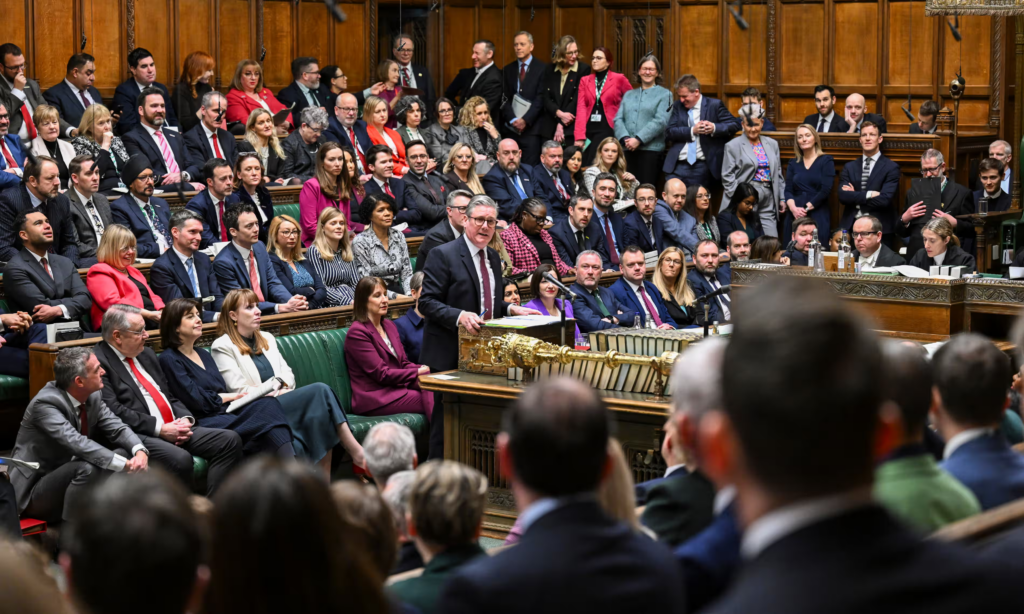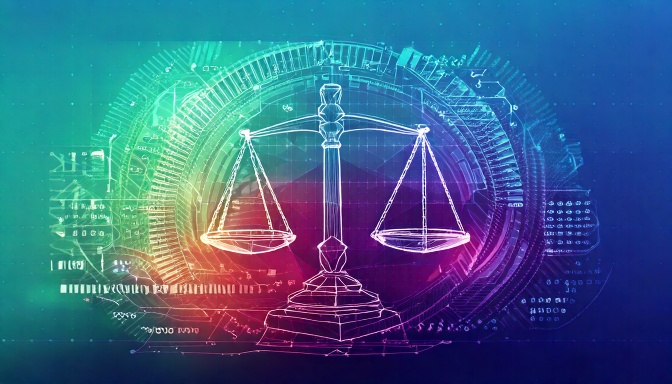The UK and Poland are taking divergent paths in handling AI regulation and cybersecurity concerns, reflecting contrasting priorities in their technology policies.
What’s Happening & Why This Matters
Poland Pushes for Stronger Cybersecurity Measures
Poland is leading an effort to bolster cybersecurity across the European Union. The country plans to introduce a cybersecurity declaration during an informal meeting of EU telecom ministers in Warsaw. This initiative focuses on incident preparedness and enhanced cooperation among member states.
As part of this push, Poland has emphasized strengthening civil-military cooperation in cyberspace, investing in security infrastructure, and responding to large-scale cyber threats. The move follows recent concerns about the vulnerability of submarine cables, which form a critical part of Europe’s digital infrastructure. The European Commission is responding by mapping existing cable systems, assessing risks, and proposing security measures to protect these networks.
Despite Poland’s efforts, a report from Euronews revealed that 20 of 27 EU countries have yet to implement key cybersecurity legislation, even though the Network and Information Security Directive 2 (NIS2) was approved in 2022. The European Commission urges swift action to ensure member states can safeguard critical digital and physical infrastructure effectively.
The UK Delays AI Regulation to Align with the U.S.
While Poland is pushing for cybersecurity advancements, the UK is taking a different route—delaying its AI regulatory plans. The British government originally planned to introduce an AI regulation bill before the end of 2023, requiring companies to submit large AI models for testing by the UK’s AI Security Institute. However, these efforts have been pushed back to summer 2024, aligning with the U.S. government’s AI stance shift under the Trump administration.

With the Biden administration’s AI safety initiatives now uncertain, UK officials appear to be waiting for a more concrete direction from Washington before finalizing their own regulations. The UK also refused to sign a Paris AI safety declaration backed by 66 countries, signaling its intention to align more closely with the U.S. on AI governance.
British officials are also facing pressure from AI companies over a separate plan that could allow AI firms to train models on publicly available content without explicit copyright permissions. This has drawn criticism from artists, including Paul McCartney and Elton John, who argue that the move undermines traditional copyright protections.
TF Summary: What’s Next
Poland prioritizes cybersecurity and works to strengthen digital defenses across the EU, while the UK stalls its AI regulations to maintain an attractive business climate for AI firms. With the EU pushing for stricter cyber protections and the UK adjusting to align with U.S. policies, these contrasting approaches will shape the future of AI governance and cybersecurity in Europe.
— Text-to-Speech (TTS) provided by gspeech


